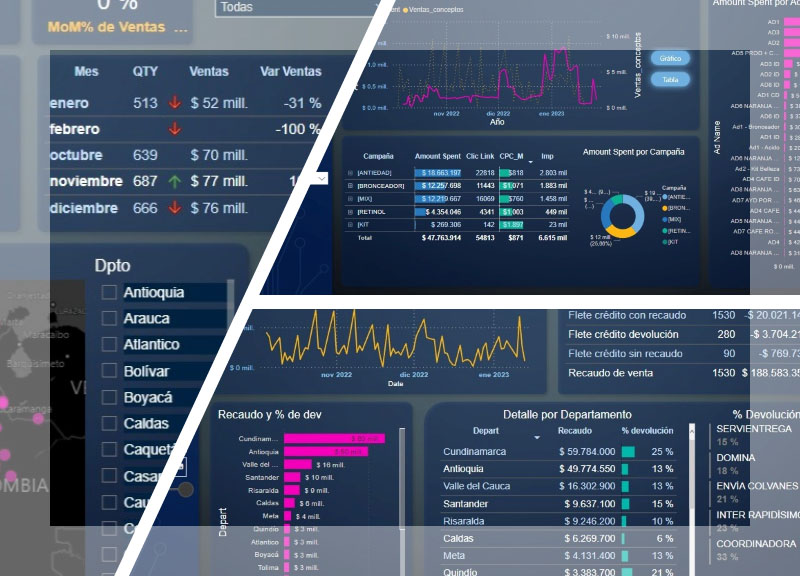

M icrosoft Power Apps is renowned for its ease of use, enabling businesses to build applications quickly and with minimal coding. Its low-code platform empowers users across different departments to create functional apps without needing advanced programming skills. However, while Power Apps is highly accessible for simple use cases, developing complex solutions often demands a deeper technical understanding and expertise.
Low-code platforms like Power Apps are designed to simplify the app development process by providing pre-built components and drag-and-drop functionality. This makes it easy to create basic applications that handle straightforward tasks, such as data collection, form submissions, and simple workflows. However, when businesses require more advanced functionality—such as integrations with multiple external systems, complex workflows, or custom APIs—development becomes significantly more challenging.
For instance, building an app that seamlessly integrates with existing enterprise systems like Dynamics 365, Azure services, or third-party APIs often requires extensive knowledge of data modeling, security protocols, and integration frameworks. While Power Apps provides tools to facilitate these processes, implementing them correctly requires a solid technical foundation to ensure efficiency, scalability, and security.
Another aspect where technical expertise becomes essential is data management. Many businesses require apps that interact with large datasets or handle real-time data updates. Structuring the underlying data architecture to support such operations requires a deep understanding of database design, relational and non-relational data stores, and how Power Apps connects to external databases.
Improper data architecture can lead to performance bottlenecks, data redundancy, or security risks. Skilled developers must ensure that the app's data flow is optimized for performance and scalability, especially when multiple systems are involved.


Power Apps integrates seamlessly with Power Automate to support automation and streamline processes. However, building complex workflows that span multiple departments or require intricate logic isn’t as simple as it appears. Crafting advanced automation processes often involves scripting, conditional logic, and error handling to ensure workflows execute correctly.
These kinds of workflows can include multiple stages of approvals, notifications, and data manipulation across various systems, which can quickly become convoluted. A technically skilled developer can design these workflows to ensure efficiency and reliability, preventing potential disruptions in business operations.
Security is a critical consideration in any business application. Power Apps runs on Microsoft Azure’s trusted cloud platform, but ensuring that your application meets all relevant security and compliance standards requires specialized knowledge. Developers must be well-versed in setting proper access controls, managing user roles, encrypting data, and adhering to industry-specific regulations.
In regulated industries such as healthcare or finance, compliance is not just a matter of convenience but a legal necessity. Implementing role-based security, protecting sensitive information, and auditing application access are tasks that require technical proficiency to avoid costly mistakes or breaches.
While Power Apps enables rapid development, businesses should recognize when professional assistance is needed. For companies aiming to develop sophisticated applications that involve custom development, advanced integrations, or specialized workflows, consulting a team with a strong technical background is essential.
By working with experienced Power Apps developers, businesses can leverage the platform’s full potential while ensuring that their applications are secure, scalable, and optimized for performance. Experts can also help with troubleshooting, maintaining, and evolving the applications as business needs change over time.
Microsoft Power Apps offers remarkable flexibility and simplicity for basic app development. However, when the demands of your application grow in complexity, a strong technical foundation becomes critical. Whether you're dealing with complex data structures, custom integrations, or advanced security requirements, having skilled developers on your team ensures that your Power Apps solution not only meets immediate business needs but also remains robust and adaptable in the long term.